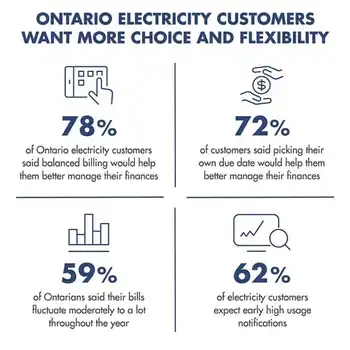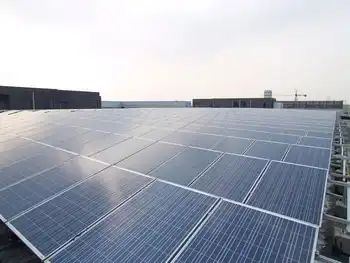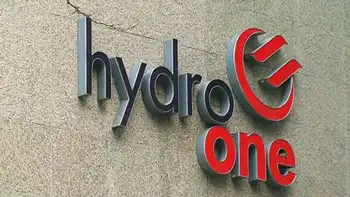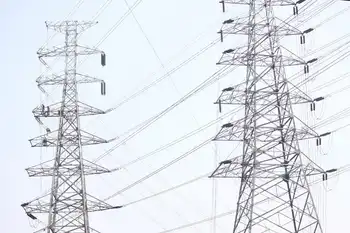High cost of carbon capture is slowing progress
By Industrial Info Resources
NFPA 70e Training
Our customized live online or in‑person group training can be delivered to your staff at your location.

- Live Online
- 6 hours Instructor-led
- Group Training Available
This stark finding comes from a wide-ranging report by the Global Carbon Capture and Storage Institute about the world's current CCS projects, highlighting in detail the progress and obstacles that must be overcome to make CCS a reality.
Cost is a key issue in the development of CCS solutions and is one of the key barriers to the rollout of large-scale demonstration projects. According to the report, titled 'Strategic Analysis of the Global Status of Carbon Capture and Storage,' CCS adds significantly to the cost of building a fossil-fuelled power plant. The percentages of CCS expenses in relation to power plant construction are as follows:
• integrated gasification combined cycle (IGCC), 39%;
• natural gas combined cycle (NGCC), 43%;
• oxy-combustion, 55% to 64%;
• supercritical pulverized coal (PC) technologies, 75% to 78%.
As well as the costs associated with building a CCS plant, the report also calculated the potential cost of transporting and storing captured carbon dioxide. The report concludes that transporting CO2 via pipeline, at $3 to $4 per tonne, is the most economical method, but that this cost can be lower if more than one plant is connected to a transport pipeline.
However, finding a storage site for CO2 can involve significant location costs. The institute found that initial site identification and characterization costs represent a significant risk to projects, with costs running anywhere between $15 million and $150 million. The uncertainly of locating a suitable storage location raises the storage cost to $3.50 per tonne of CO2 to $7.50 per tonne.
The Global Carbon Capture and Storage Institute believes that it is 'arguably' possible to achieve the G8 objective of deploying at least 20 commercial-scale CCS projects globally by 2020. However, the institute admits that things will have to start moving much faster for this to occur. It recognizes that the widespread take-up of CCS is faced with the high project failure rates, which are typical of implementing any new technology, and calls on governments to do more. Specifically, it says governments must:
• Actively work with the 55 active or planned fully integrated projects to improve their likelihood of success;
• Develop national strategies to provide incentives to innovate or invest in CCS technology;
• Establish a regulatory framework that assigns a value to carbon, resolves long-term storage liabilities and underwrites critical infrastructure.
"The challenge is great, but governments have a unique capacity to take the leadership required to secure the energy that is needed in a carbon-constrained world," said Nick Otter, CEO of the Global CCS Institute. "The Global CCS Institute is taking on this challenge every day. We now have in place the most comprehensive database of CCS projects ever created, and with our partners we will use this knowledge to fast-track key projects and provide support to allow all project proponents to address the barriers facing development."
There are 213 active or planned CCS projects in the world, 101 of which are commercial-scale, according to the institute. There are 62 fully integrated, commercial-scale projects, each of which demonstrates every stage of the CCS process chain of CO2 capture, transport and storage. Seven of these projects are already operating, and 55 are at various stages of progress, making them potential candidates for contributing to the G8 objective.











